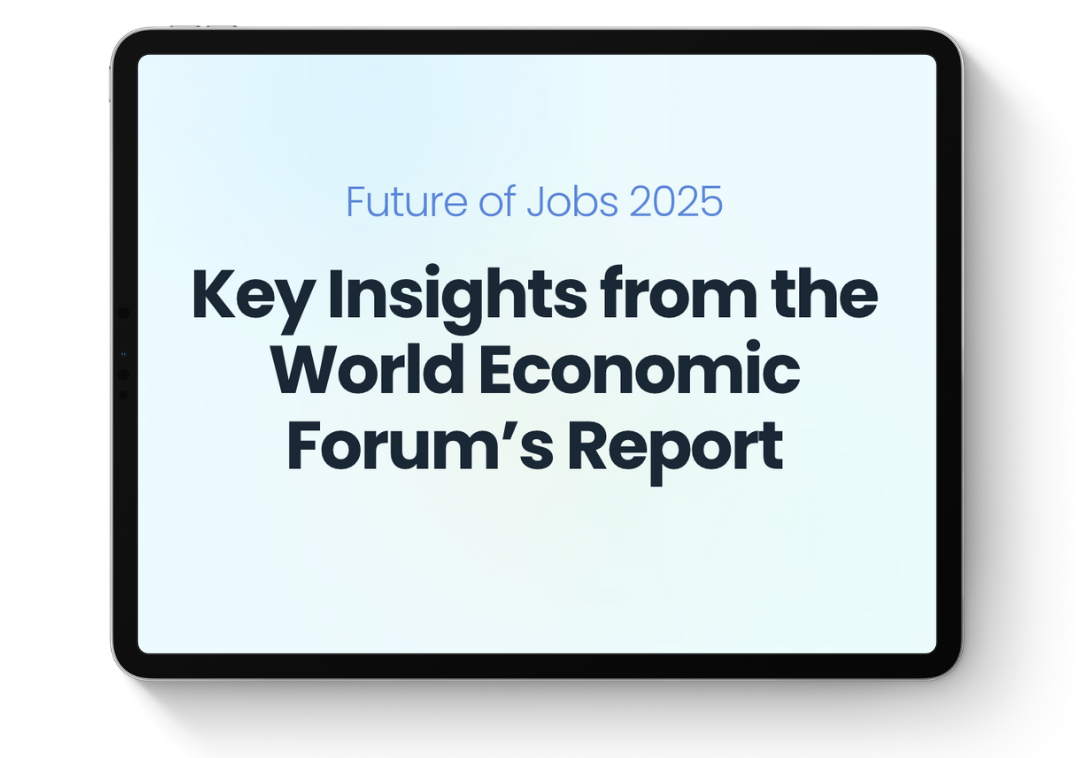Set the rails now to secure planning certainty for 2026 – not budget surprises in December.
Budget boomerang: why Q4 derails so many teams
Backlog up, invoices up – welcome to Q4. In contingent labor, many finance and HR teams lose spend control under year-end pressure. Budgets get “consumed” without clarity on the what, who, and outcome. Result: ad-hoc decisions, unplanned add-ons, risky quick fixes.
The fix: reacting in autumn is late. Steering in summer creates room for delivery – across HR, finance, and product.
Why the Great Rebudgeting must look different in 2025
- Rogue spend kills planning: shadow budgets across tools, BUs, HR silos.
- Vendor sprawl inflates cost: too many contracts, little leverage, high overhead.
- Weak project controls: thin feedback, vague outcomes, rising rates.
Clean up now to keep oversight and decide proactively – not reactively.
Typical pain points – and what they cost
| Problem | Impact | Cost driver |
|---|---|---|
| Opaque vendor landscape | Redundancy, invoicing issues, no benchmarking | +20–30% avoidable spend |
| Freelancers outside core systems | No view of spend, risk, availability | Compliance risk & shadow IT |
| Manual HR/finance processes | Friction in onboarding & payments | ~120 admin hours per 100 freelancers |
From fragmented to centralized: how to steer
- Spend visibility: real-time dashboards by location, team, project, time – down to the invoice.
- Vendor consolidation: fewer providers, one system – more leverage, less overhead.
- Quality metrics: see who delivers – performance scores and rehire rates.
- Automation: matching, onboarding, invoicing in one tool – not spreadsheets and PDFs.
WorkGenius reduces vendor count by ~60% within 90 days and delivers 100% visibility of freelancer spend – without extra admin work. [internal client data; available on request]
Act now: a 5-step plan for Q3/Q4
- Run a spend audit: who’s active, via whom, at what cost?
- Set a vendor baseline: who truly adds value – who adds work?
- Create budget clusters: group spend by skills, BU, project phase.
- Define one system: VMS/FMS for matching, contracts, payment, performance.
- Prep 2026 planning: build forecasts for need, availability, rate trends.
Conclusion: clear costs, fewer crises
Freelancers aren’t a luxury; they’re how you ship under uncertainty – but only if you can steer them. Q3 is the moment for real transparency and structure. Create clarity now to enter 2026 with confidence – not with December patchwork and rogue spend.
Ready to take control of freelancer spend?
See the platform in action.








































